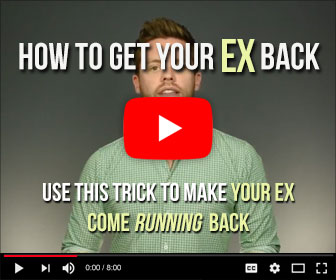
SEATTLE — Even though getting the first COVID-19 vaccine shot can feel liberating, doctors warn that the risk remains of contracting coronavirus before all of the antibodies develop in the patient’s body.
Several people told KOMO News Wednesday about their experience of getting coronavirus during the time between them receiving their first and second shots of the Moderna and Pfizer vaccines.

Local health officials said the incidents serve as a reminder that safety precautions should still be followed until full vaccination has been achieved.
“I thought, ‘OK, cool, we’re getting vaccinated and we’re coming towards the end (and) we can start thinking about going back to normal,'” said Greg Deputy. “Then we get sick.”
Deputy and his entire family were shocked to learn they had contracted COVID-19 even after four of them received their first Pfizer vaccine shot about a week prior to their positive diagnosis.
“We all tested positive and at that point just felt like absolute garbage,” he said, adding that seven family members ultimately ended up testing positive for COVID-19, including his 3-year-old granddaughter who fell ill around the same time. They have all since recovered. “When we were all together at Easter, it somehow got to my daughter and her husband.”
Deputy and his family aren’t alone.
Jackie Dolson-Shewchuk said she came down with COVID-19 after receiving her first vaccine dose. Her son was also diagnosed with the virus.
“Even still being mild, it was like no sickness I’ve had before,” she said.
For Andrea Gibbs, her positive test result came as a surprise because she said she had tried to be careful after getting her first dose of the vaccine.
“It’s terrifying to be honest,” she said. “Because you don’t know how sick you’re going to get.”
Doctors say there are several reasons why someone could contract coronavirus between the two vaccine doses, including:
- It takes time for antibodies to develop inside someone’s body after they receive the vaccine. Doctors say it’s not an immediate or even linear process.
- Variants of the virus are still circulating in our community. Although the first dose can protect against severe disease, highly contagious variants may still give a partially vaccinated person an infection.
“We also have seen that with these escape variants in South Africa and Brazil that the risk of a new infection was high even in those who had been infected previously,” said Dr. Theo Vos, professor of Health Metrics Sciences at the University of Washington Medicine Institute for Health Metrics and Evaluation.
“The virus doesn’t care if we’ve had one shot or not, it’s just out there,” said Dr. Paul Pottinger, University of Washington Medicine professor of Infectious Diseases. “it’s always there. it’s always a threat.”

He stressed the importance of getting that second shot for better protection against COVID-19.
“We’re all in it together, we depend on each other to get immunized and until we all do this, unfortunately that threat remains very real,” said Pottinger, adding that using face masks and social distancing after their first dose remains important.
Health officials said people are not considered fully vaccinated until two weeks after the one-dose shote from Johnson & Johnson and two weeks after receiving both dose of the Moderna and Pfizer vaccines.




